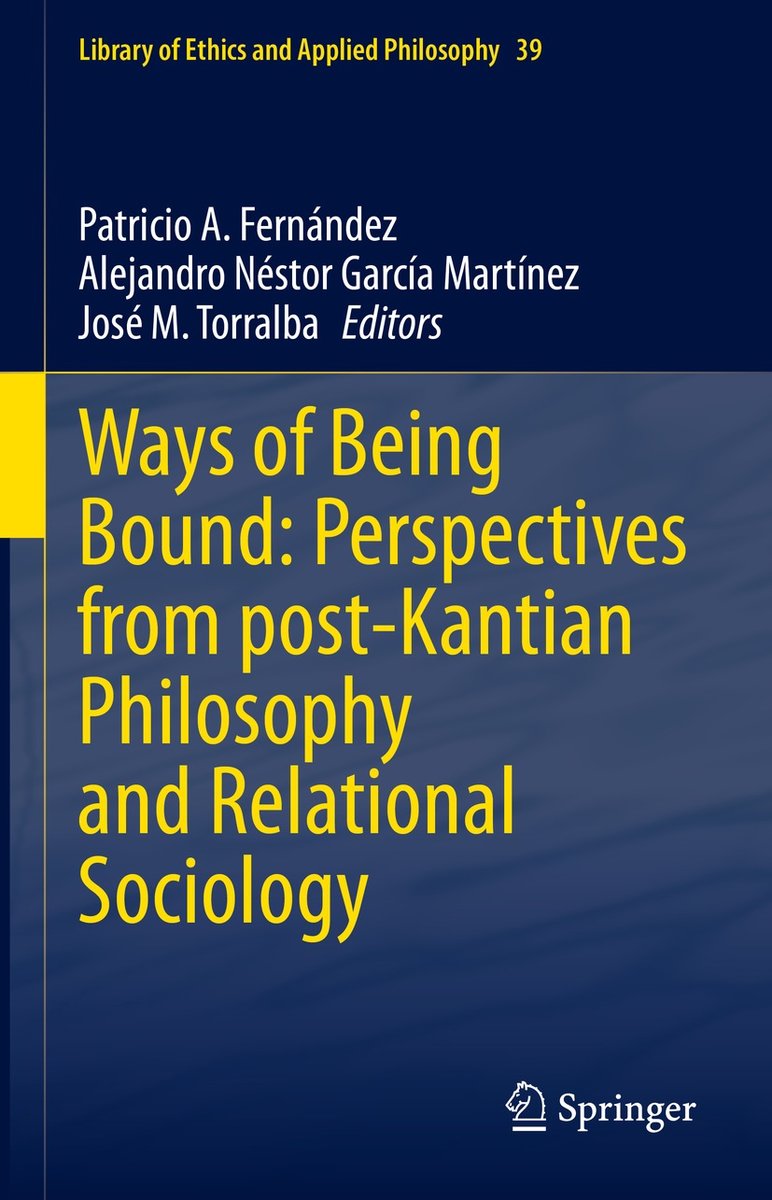This book addresses the topic of 'being bound' from a philosophical and a sociological perspective. It examines several ways in which we are bound. We are bound to acknowledge the truth and to follow laws; we are bound to others and to the world. Who we are is partly defined by those bonds, regardless of whether we live up to them - or even of whether we acknowledge them. Puzzling questions arise from the fact that we are bound, such as: How are those bonds binding? Wherein lies their normative character? A venerable philosophical tradition, particularly since Kant, has provided an account of normativity that crucially appeals to such notions as self-legislation. But can our normative bonds be properly understood in these essentially first-personal terms? Many argue that our social condition resists any account of those bonds that fails to acknowledge the perspectives of the second and the third person.
The first part of the book explores these themes from a historical perspective in the tradition of transcendental philosophy (Kant, Fichte, Hegel, Husserl and Heidegger); it examines the phenomenon of being bound , i.e., why and how we are bound. The second part of the book offers a sociological analysis of social bonds that is both historical and systematic. Based on sociological approaches to solidarity and reflexivity , it explores the way in which the phenomenon of being bound manifests through the concept of a social relation .


